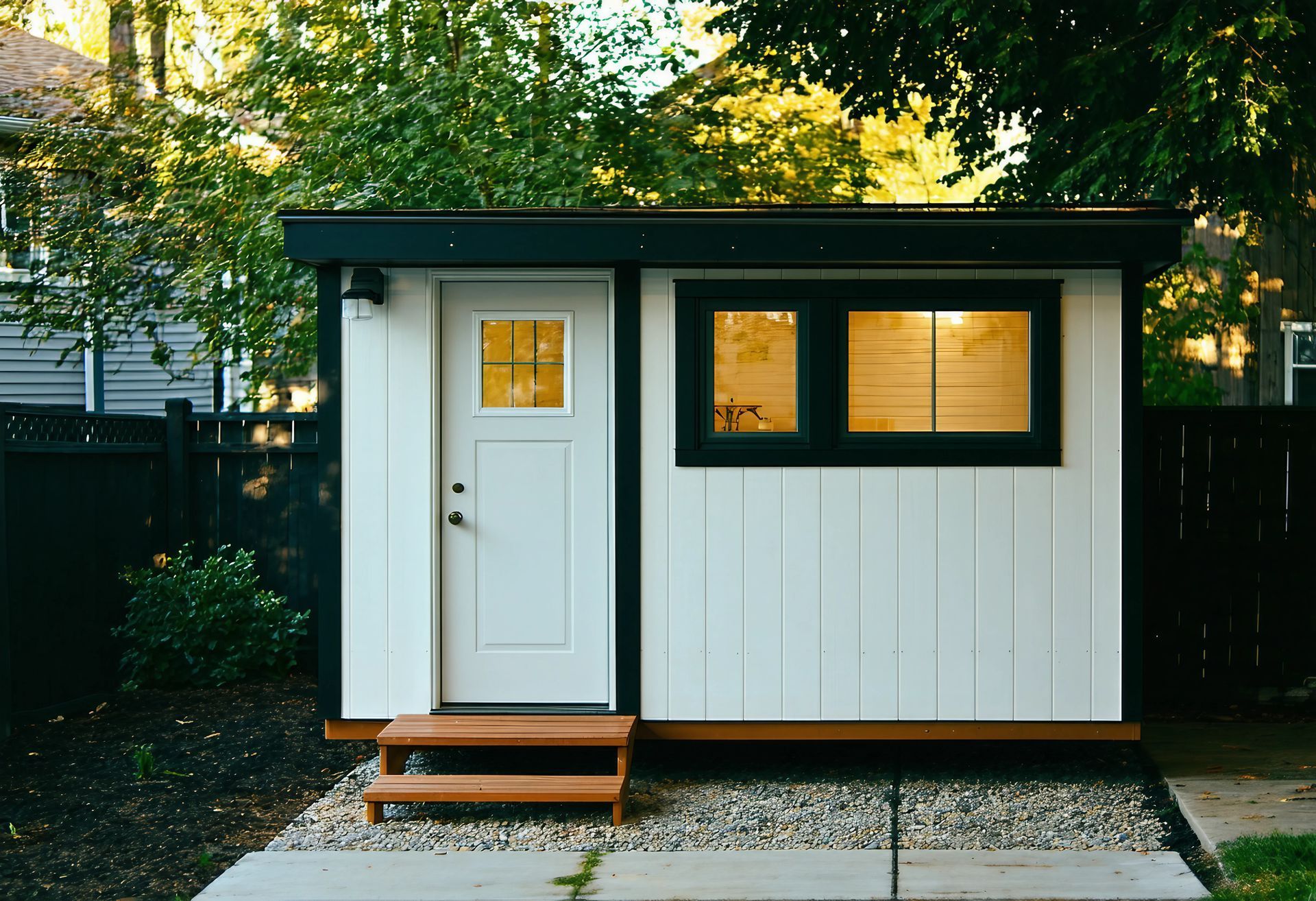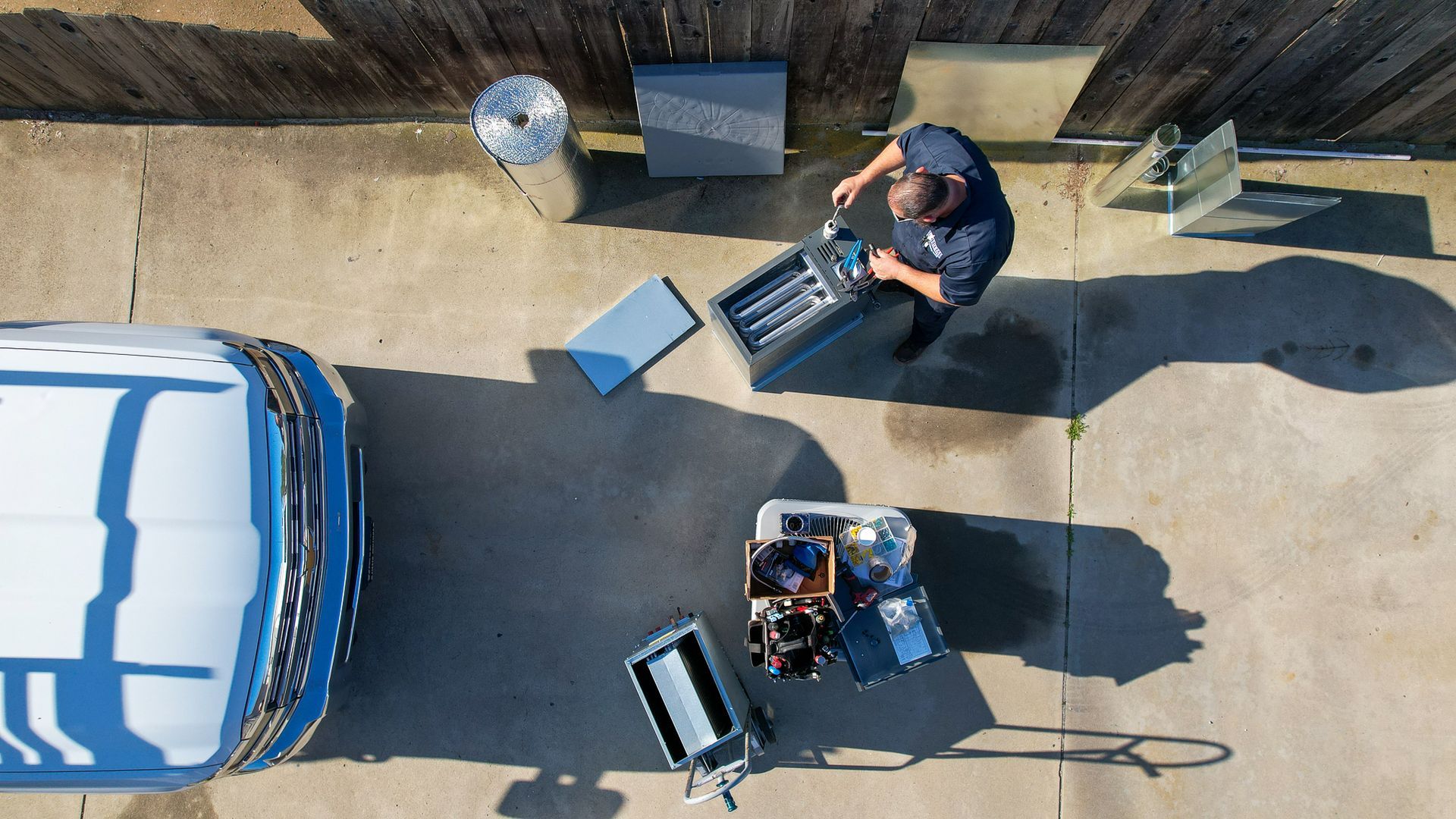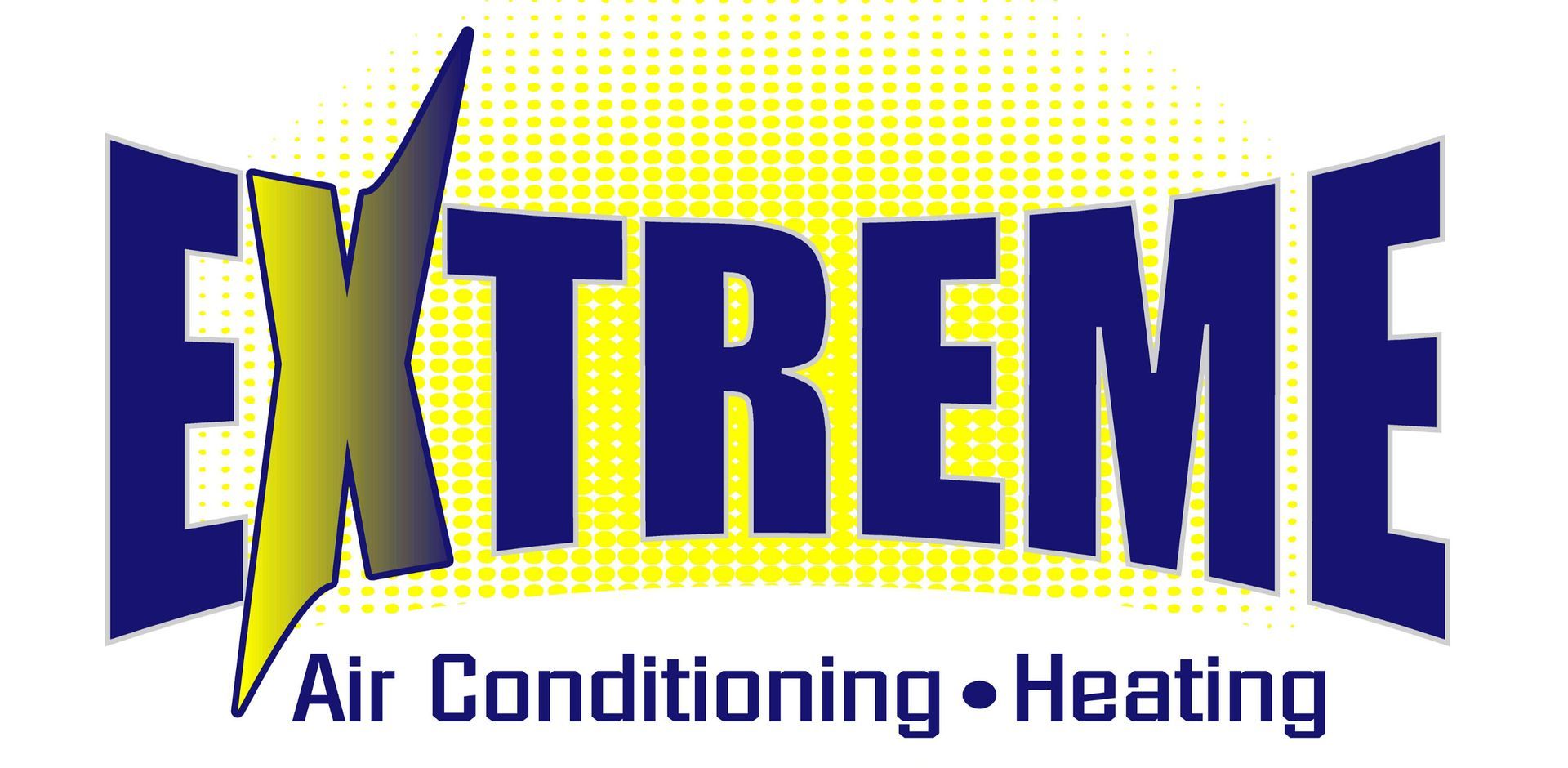Eco-Friendly Heating and Cooling: Sustainable Practices for Your Home
Homeowners are increasingly seeking sustainable solutions for their living spaces. This extends to one of the most energy-consuming systems in our homes: the HVAC system. Fortunately, advancements in technology have introduced eco-friendly options that reduce our carbon footprint and offer significant savings on energy bills. This blog post explores some of the most influential and sustainable heating and cooling practices, including solar-powered air conditioning and geothermal heating systems.
Solar-Powered Air Conditioning: Harnessing the Sun's Energy
Solar-powered air conditioning is one of the most promising developments in eco-friendly HVAC technology. This system uses solar panels, typically installed on the roof, to collect and convert sunlight into electrical energy to power your air conditioner. The benefits of solar-powered air conditioning include:
- Reduced Electricity Use: By relying on solar energy during the day, these systems significantly reduce the use of electricity sourced from non-renewable resources.
- Lower Utility Bills: Although the initial setup costs might be higher, solar air conditioners can drastically reduce your monthly utility bills.
- Increased Energy Independence: Solar-powered systems reduce your dependence on the grid, providing a consistent cooling solution, especially during peak load times.
Geothermal Heating Systems: The Ground as a Heat Source
Geothermal heating systems represent another innovative approach to eco-friendly home temperature management. These systems utilize the earth’s constant underground temperature to heat and cool your home. Key aspects include:
- Efficiency: Geothermal systems can be up to four times more efficient than traditional HVAC systems because they transfer heat instead of generating it by burning fuel.
- Durability: With fewer moving parts and protection from outdoor elements, geothermal systems generally have a longer lifespan than conventional systems.
- Cost-Effectiveness Over Time: While the initial installation cost of a geothermal system is significant, the long-term savings on energy costs and maintenance can be substantial.
Enhancing Efficiency with Smart Thermostats
Incorporating a smart thermostat into your home’s HVAC system is another step towards sustainability. These devices optimize heating and cooling operations by:
- Learning Your Schedule: Smart thermostats adjust the temperature based on your daily patterns and preferences.
- Remote Adjustments: You can control the temperature from your smartphone, allowing for adjustments that minimize energy use when you're away from home.
- Energy Usage Reports: Many smart thermostats provide detailed energy usage reports, helping you better understand and manage your consumption.
Regular Maintenance: A Necessity for Efficiency
No matter the type of system, regular maintenance is crucial to ensuring efficiency and longevity. This includes:
- Regular Filter Changes: Clean filters allow your system to operate more efficiently and improve indoor air quality.
- Annual Inspections: Professional inspections can catch issues before they become costly problems and ensure that your system runs as efficiently as possible.
- Sealing and Insulation: Proper sealing and insulation reduce the workload on your HVAC system by keeping cool air in the summer and warm air in the winter.
Adopting Sustainable Practices
Transitioning to eco-friendly heating and cooling systems is a valuable investment in the environment and your wallet. By choosing systems like solar-powered air conditioning or geothermal heating and complementing them with smart technology and regular maintenance, you can significantly enhance the sustainability of your home. These practices contribute to a healthier planet and a more comfortable and cost-effective living environment.
Remember, each small step towards sustainability can make a substantial difference. By adopting eco-friendly HVAC solutions, you are proactively reducing your ecological footprint while enjoying the comfort of your home in an energy-efficient and environmentally responsible way.



